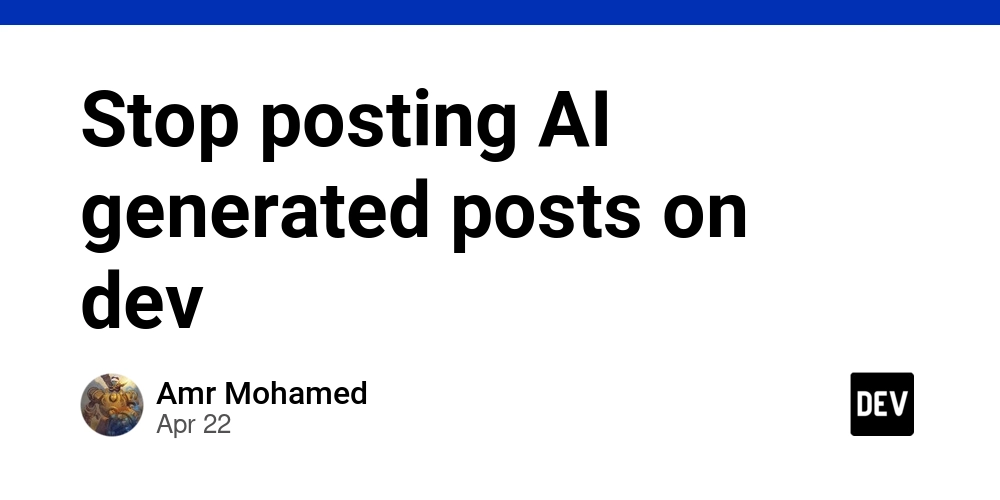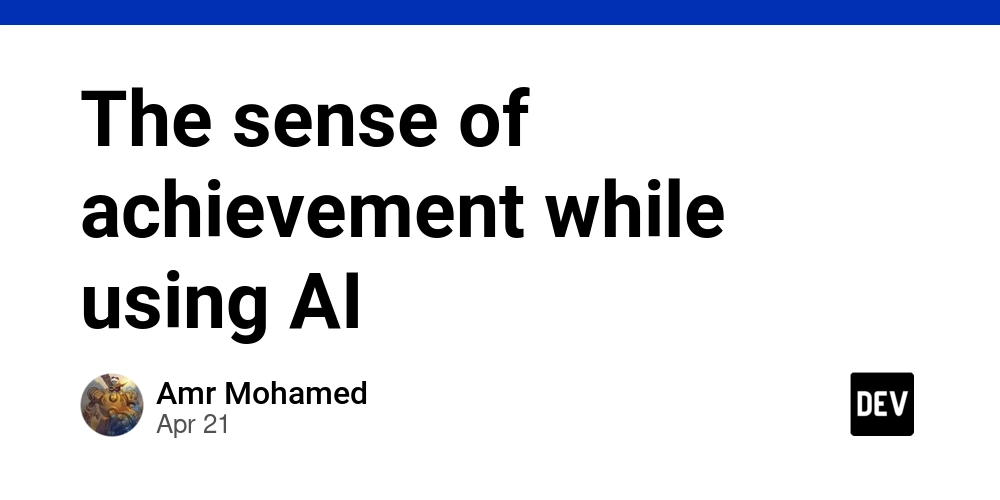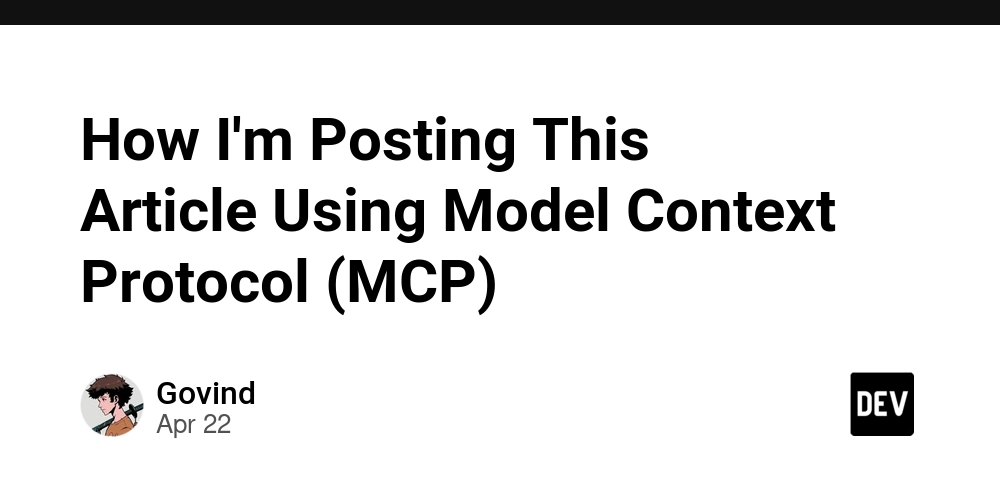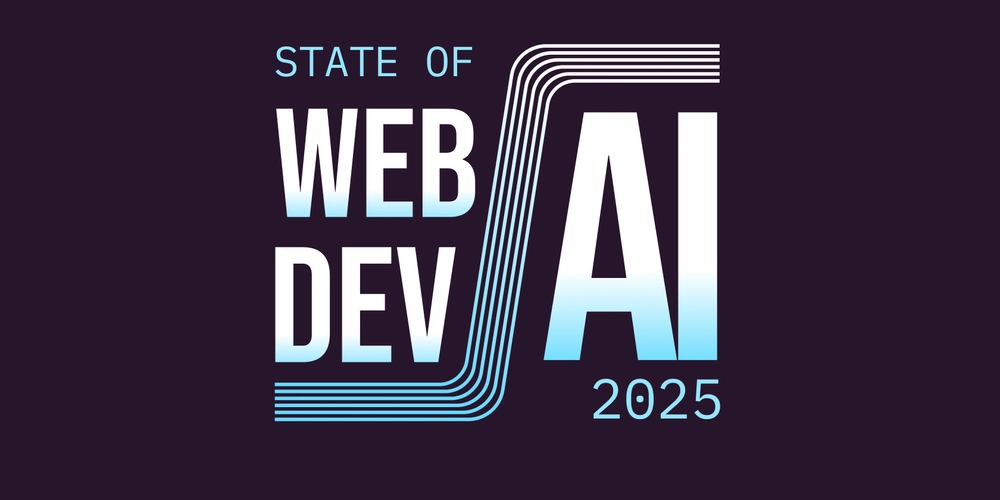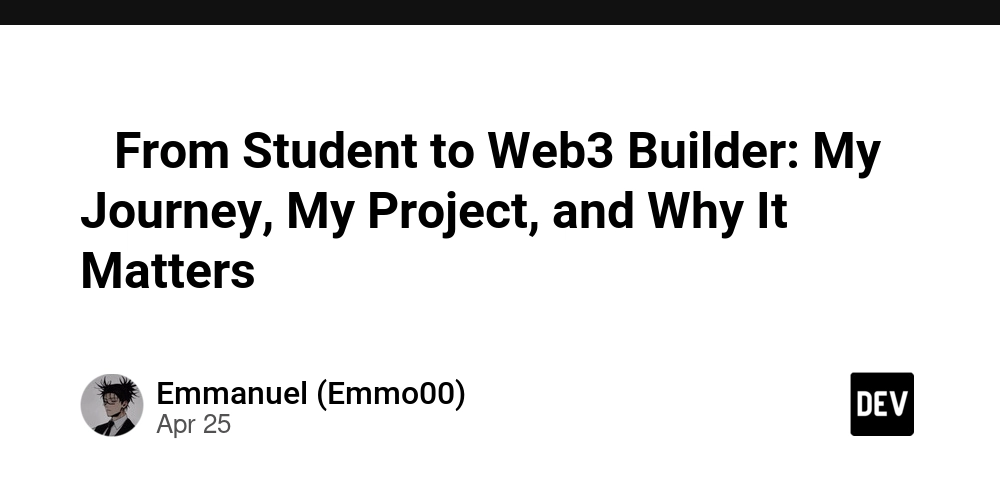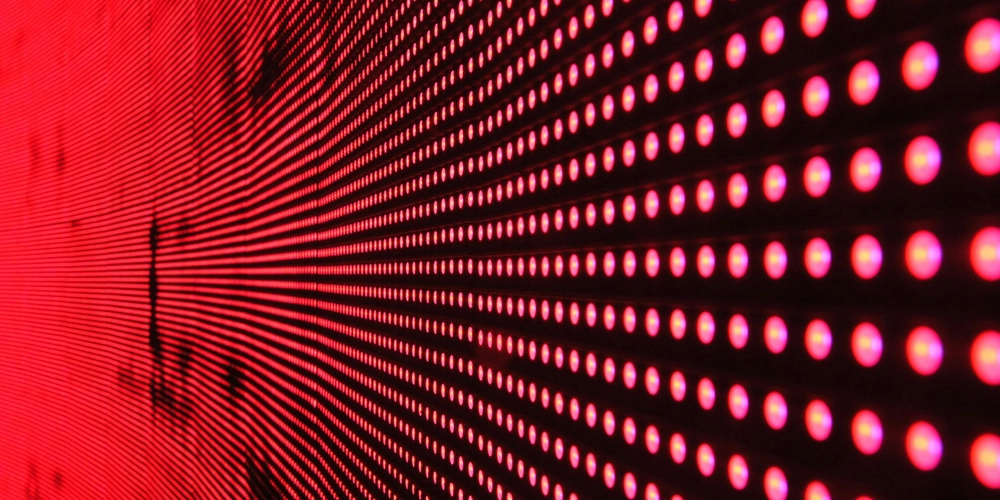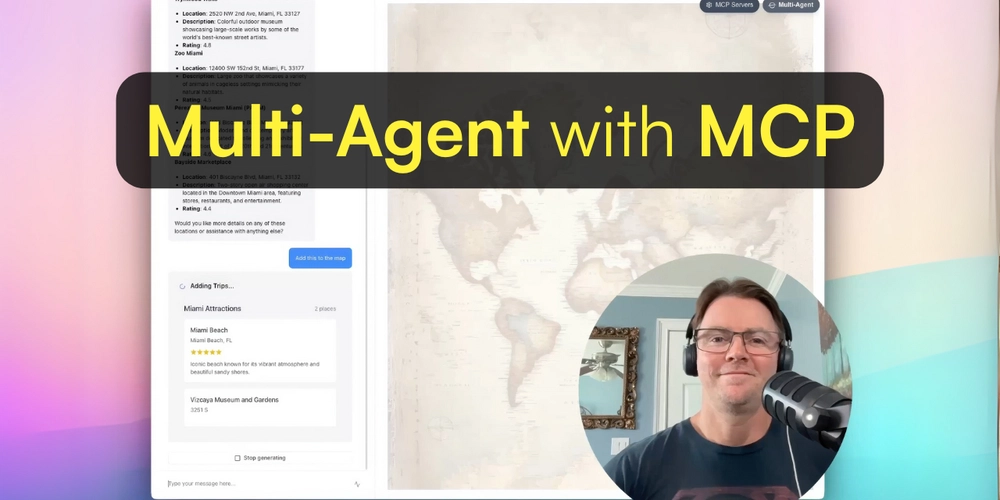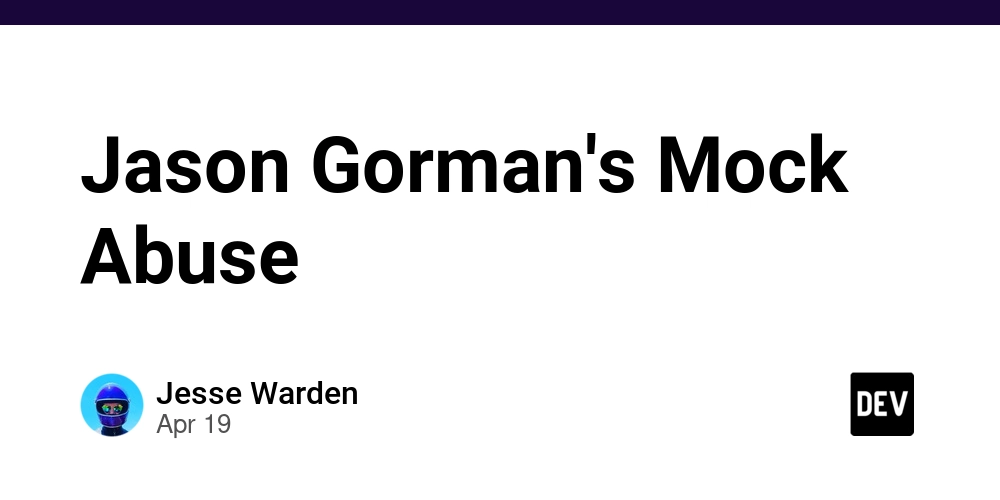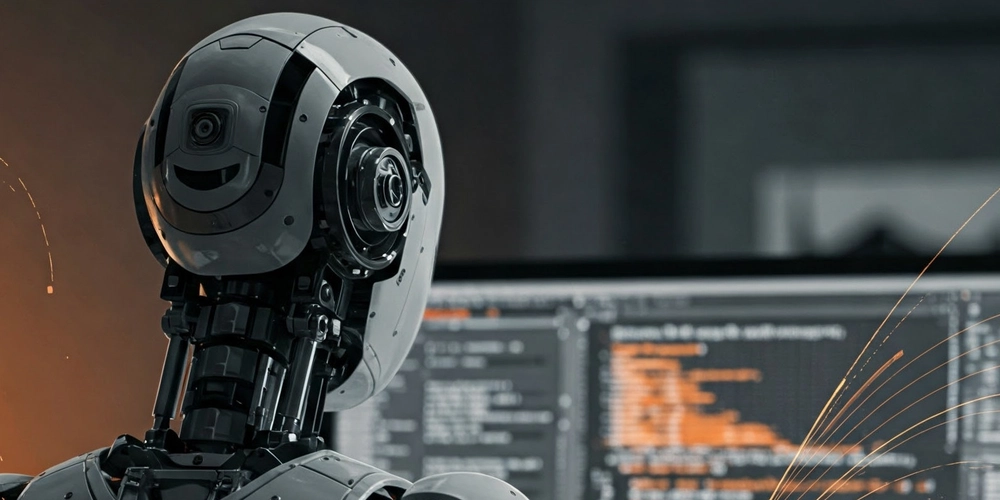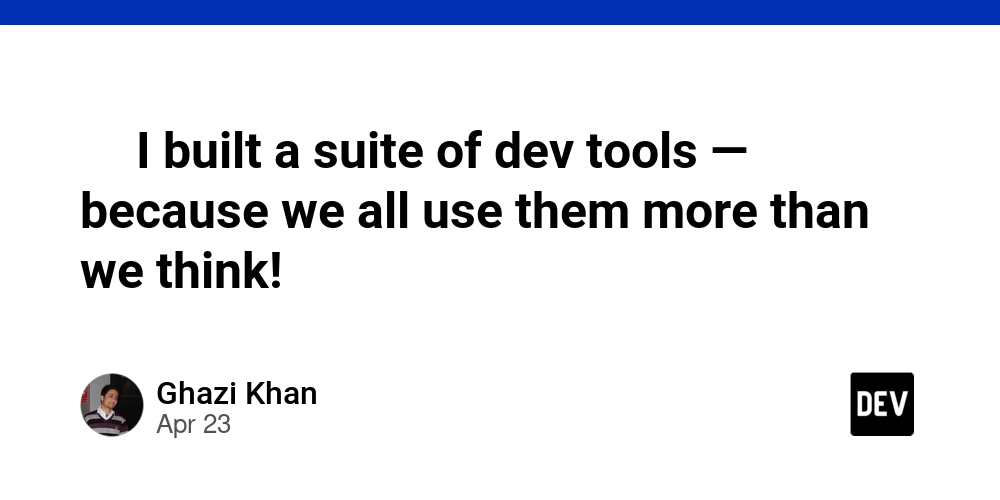Revolutionizing Ocean Cleanup: How Quantum Computing Can Solve Plastic Pollution
Are you concerned about the growing plastic pollution crisis in our oceans? Standard cleanup methods can feel slow and inefficient. Now, a groundbreaking open-source project called "mohituQ" is using quantum computing for ocean cleanup to optimize efforts and accelerate our impact.
This innovative project uses cutting-edge quantum algorithms to tackle the complex logistics of ocean plastic removal. Learn how you can contribute to this vital effort and make a real difference in saving our oceans.
What is mohituQ and How Does Quantum Optimization Work?
mohituQ uses Decoded Quantum Interferometry (DQI), a powerful quantum algorithm, to optimize where to place trash collection systems and plan the most efficient routes. Inspired by organizations like The Ocean Cleanup and WWF Oceans, mohituQ aims to boost their environmental impact by offering advanced solutions. This project models the challenge of ocean plastic collection as a complex optimization problem. The goal? To find the best routes and placement for nets by implementing quantum-inspired and classical algorithms.
- Maximize plastic collected: Efficiently remove the most significant amount of waste.
- Minimize environmental impact: Strategically plan routes to reduce fuel use and disruption to marine life.
- Transparent and reproducible code: Ensuring the project is open for all to scrutinize and improve.
Key Features: Quantum Algorithms and Real-World Application
mohituQ isn't just theoretical – it boasts a wide range of features designed for tangible impact:
- Mathematical formulations: The project defines how to maximize plastic collection and minimize environmental impact.
- DQI Implementations: Ready-to-use examples of Decoded Quantum Interferometry (DQI) and other classical algorithms.
- Simulation tools: Model plastic distribution and evaluate the effectiveness of different cleanup strategies.
- Extensible framework: Integrate real-world data and collaborate with citizen science initiatives.
This means that quantum computing for ocean cleanup is no longer a distant dream but a practical tool.
Setting Up mohituQ: A Step-by-Step Guide
Ready to dive in? Here’s how to get started with mohituQ:
- Clone the repository:
git clone https://github.com/ecothing/mohituQ.git - Navigate to the directory:
cd mohituQ - (Optional) Create a virtual environment:
python3 -m venv venv; source venv/bin/activate - Install dependencies:
pip install -r requirements.txt
With these steps, you'll have mohituQ installed and ready to explore.
Contributing: Be Part of the Solution against Ocean Plastic
One of the most exciting aspects of mohituQ is its open-source nature. You can contribute in many ways:
- Report issues: Help identify and fix bugs in the code.
- Submit pull requests: Propose new features or improvements to existing algorithms.
- Follow the Code of Conduct: Ensure a respectful and collaborative environment for all contributors.
By contributing, you're directly helping improve the efficiency of ocean plastic cleanup efforts.
How Does Quantum Computing Align with UN Sustainable Development Goals?
mohituQ directly supports several UN Sustainable Development Goals:
- SDG 3 (Good Health and Well-being): Reducing marine pollutants in seafood and coastal waters.
- SDG 6 (Clean Water and Sanitation): Protecting marine water quality.
- SDG 13 (Climate Action): Optimizing cleanup operations to reduce fuel consumption.
- SDG 14 (Life Below Water): Directly addressing ocean plastic pollution.
- SDG 17 (Partnerships for Goals): Fostering collaboration between experts and the global community.
Dive Deeper: Explore Practical Implementations
The repository includes practical implementations that showcase the power of quantum algorithms:
- DQI Max-XORSAT Implementation: Uses Decoded Quantum Interferometry (DQI) to optimize network route plans.
python src/dqi_max_xorsat_implementation.py - QAOA Implementation: Uses the Quantum Approximate Optimization Algorithm (QAOA) to solve optimization problems.
python src/implementingQAOA_N_by_N.py
Explore the /src/demo directory for demonstration notebooks and resources that help visualize these algorithms.
License
mohituQ is licensed under the MIT License, ensuring it remains open and accessible for all.

